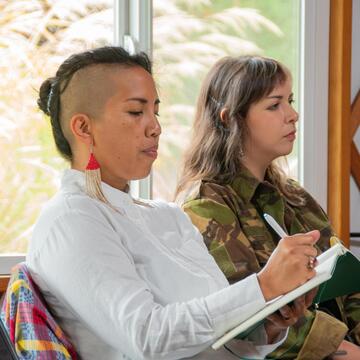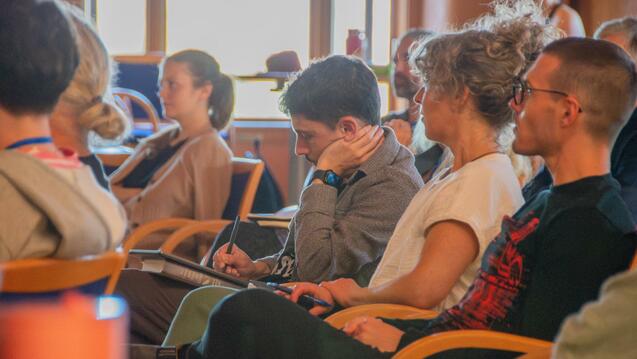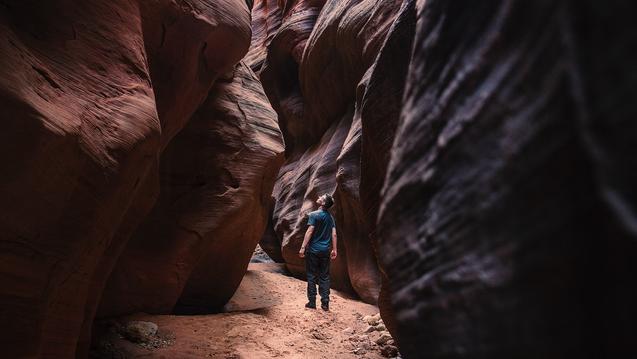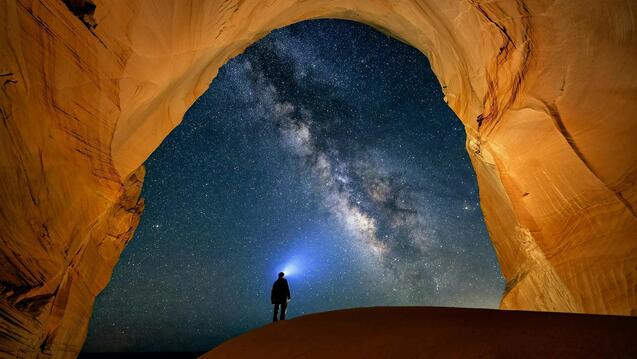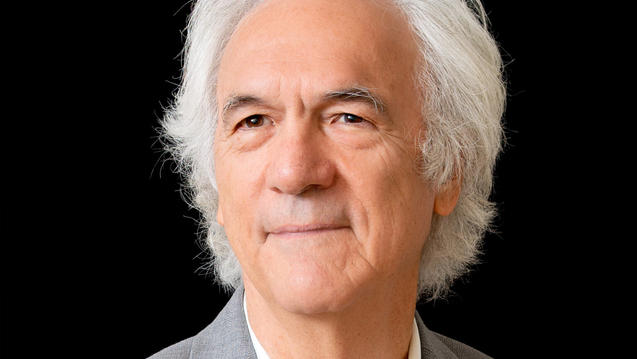A Faculty-Led Info Session with Becca Tarnas

Department of Philosophy, Cosmology, and Consciousness
Dedicated to shaping the leadership necessary for profound, progressive transformation of social institutions and individual consciousness.
CIIS’ Philosophy, Cosmology, and Consciousness department is dedicated to reimagining the human species as a mutually enhancing member of the Earth community.
The heart of CIIS’ Philosophy, Cosmology, and Consciousness department is the focus on knowledge that is transformative—of ourselves, others, and our civilization. Our programs attract intellectually engaged individuals who are to varying degrees dismayed by what they see happening in modern societies and who are striving to find meaningful ways to develop their gifts to serve the future of the world.
In Their Own Words
Hear what our faculty and students have to say
Our Programs
Our M.A. and Ph.D. have been designed to help shape the intellectual, moral, and spiritual leadership necessary for meeting historic global challenges.
A transdisciplinary program preparing students to think critically and constructively about global concerns, with an option to focus on Integral Ecology.
A research doctorate designed to prepare candidates to take leadership roles in addressing key philosophical issues of our time.
Our Ph.D. and M.A. programs are inspired by three fundamental goals:
- To open our consciousness, through learning and imagination, to those creative and evolutionary energies suffusing the earth, the universe, and the deep psyche and to participate fully in the regeneration of human communities and their enveloping life systems.
- To analyze the current devastation of planetary life and to strive to liberate ourselves and our communities from the underlying causes of alienation, consumerism, androcentrism, racism, and unsustainable modes of life.
- To draw from the deep wells of philosophical and religious wisdom to bring forth a profound vision of a vibrant planetary era.
What is Philosophy and Consciousness Studies?
At CIIS, exploring philosophy, cosmology, and consciousness does not focus solely on thought, but incorporates our imaginations, hearts, bodies, and community. Our department cultivates an inquiry into our entire way of life including deep psyche, deep cosmos, and the universe.
Faculty Research and Scholarship
Our world-renowned faculty are experts in evolutionary and archetypal cosmology, Jungian and transpersonal psychology, and the evolution of consciousness, among many other fields of study.

Cosmogenesis: An Unveiling of the Expanding Universe
In terms of the universe’s development, we humans are not only economic, religious, or political beings. At the most fundamental level, we are cosmological beings, says professor emeritus Brian Thomas Swimme in his fresh look at how science and spirituality have influenced contemporary consciousness. Check out this conversation with Sam Hankin on The Avid Reader.
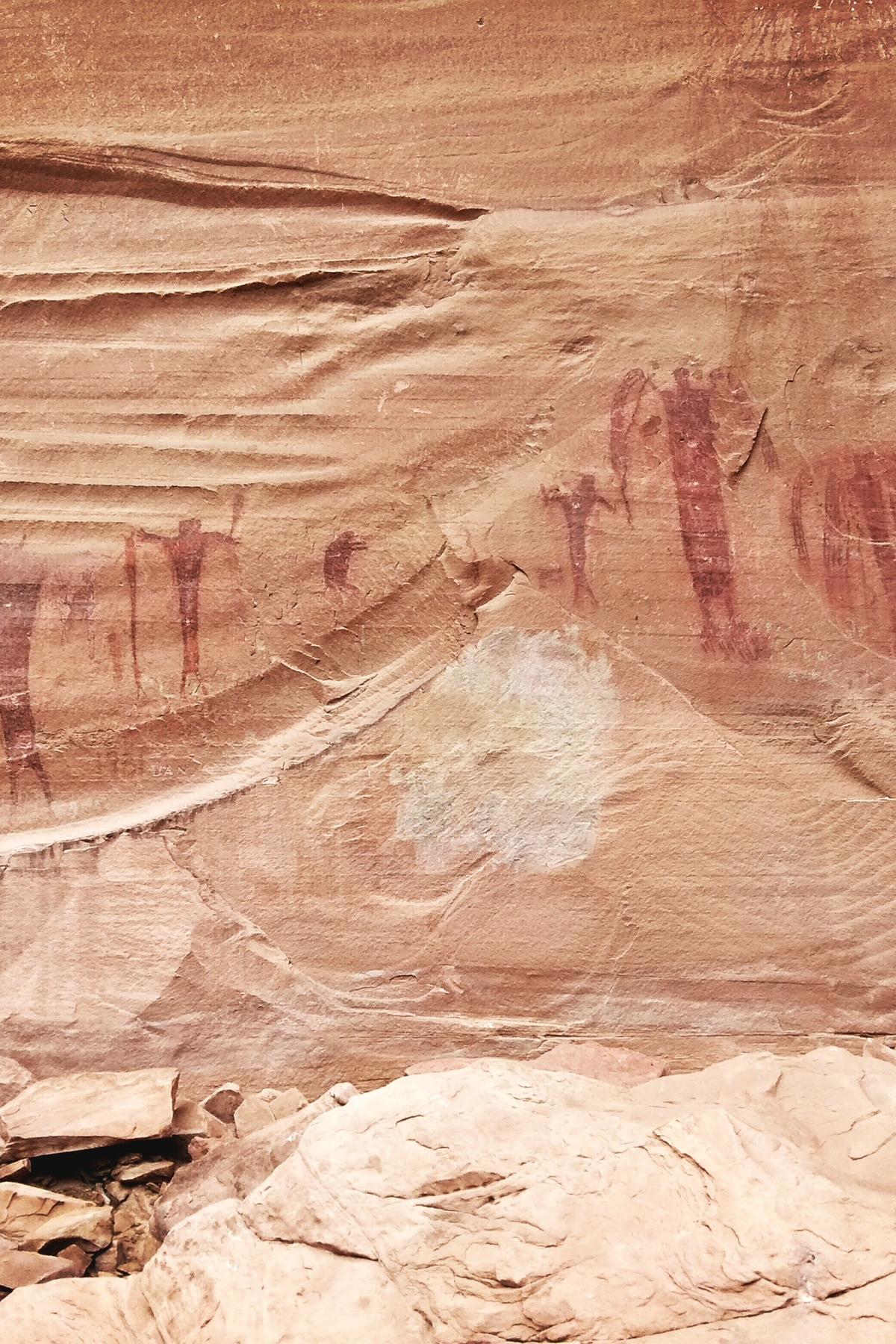
Archeoastronomy and Integrated Cosmologies
Petroglyphs, stone circles, and ancient architecture the world over reveal some of the earliest evidence of humanity’s observations of celestial movements as markers of time. In this presentation, faculty Kerri Welch and Drew Dellinger explore the sacred landscapes and skyscapes that unite cosmology, ceremony, astronomy, and the ancestors.
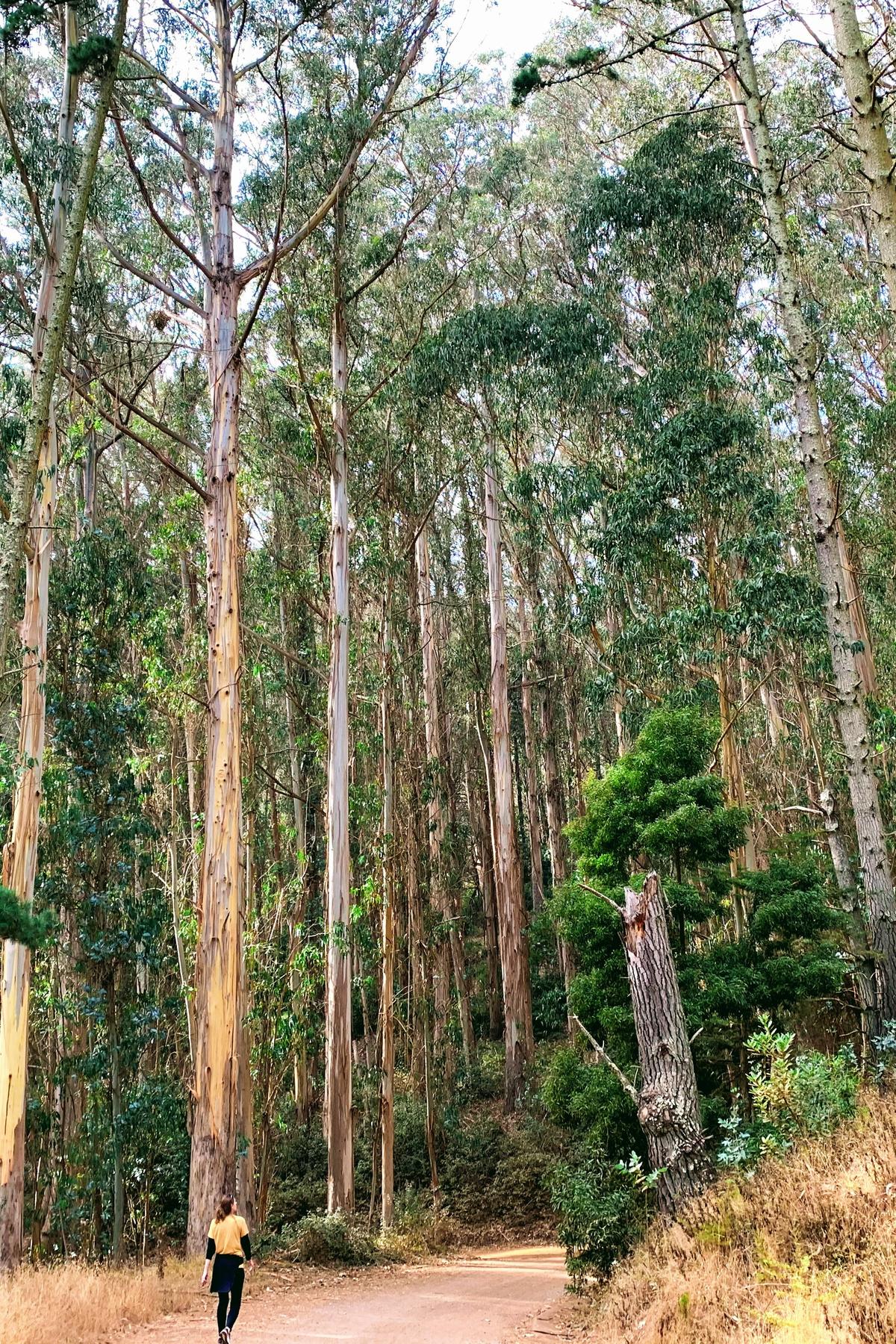
On the More-Than-Human-World
In this episode of the Public Programs Podcast, PCC faculty Matt Segall joins David Abram for an inspiring conversation on the wild intelligence of our bodies, the ecological depths of our imagination, and the ways in which sensory perception and wonder inform the relation between the human animal and the animate Earth.
Our Upcoming Events
An online event with Admissions Counselors


Our Department in Action
What if the questions that draw us to learning could also reshape who we become? Across disciplines and life paths, curiosity emerges as sacred work, an opening into connection, healing, and transformation.
CIIS Professor Emeritus and founding director of Philosophy, Cosmology, and Consciousness Richard Tarnas returned for his beloved annual lecture exploring the deeper currents of our time.
Watch CIIS Professor Emeritus Brian Thomas Swimme's Keynote Speech during the 2023 Leadership Conference of Religious Women in Dallas Texas.


